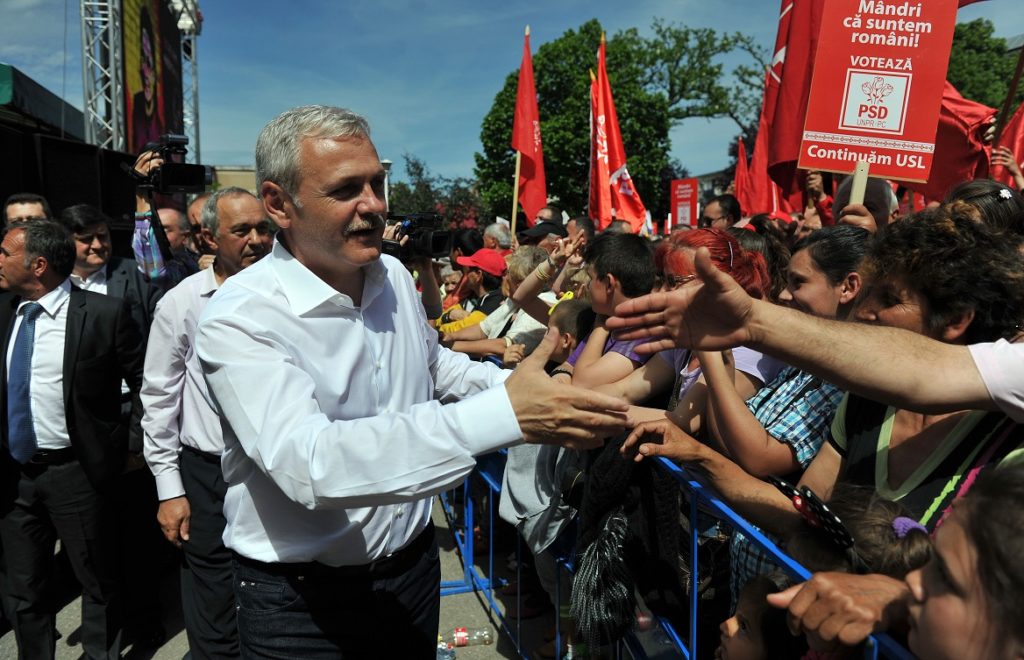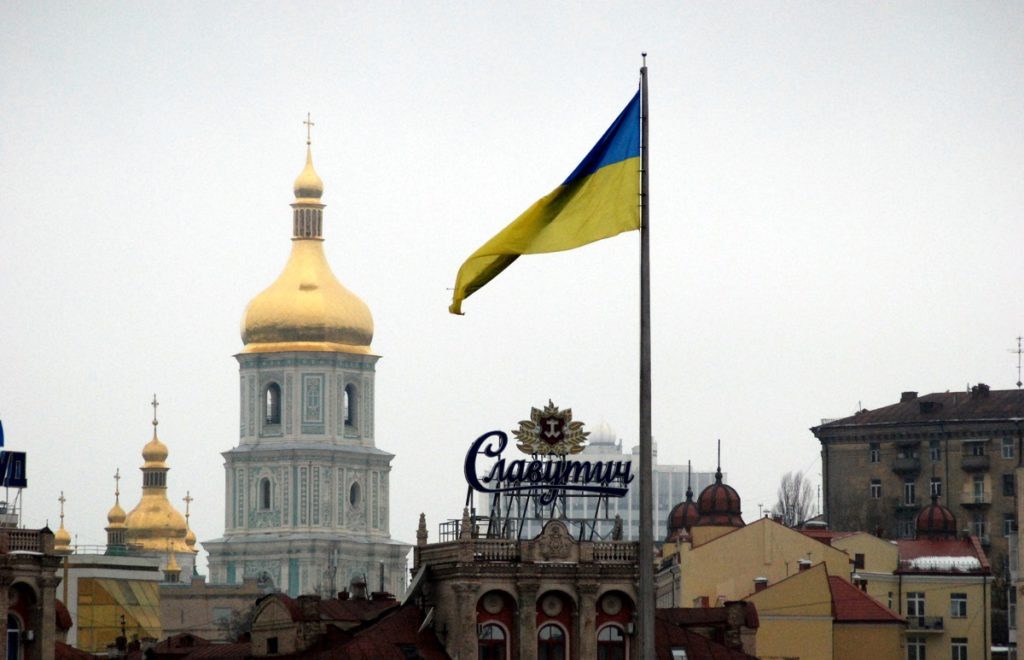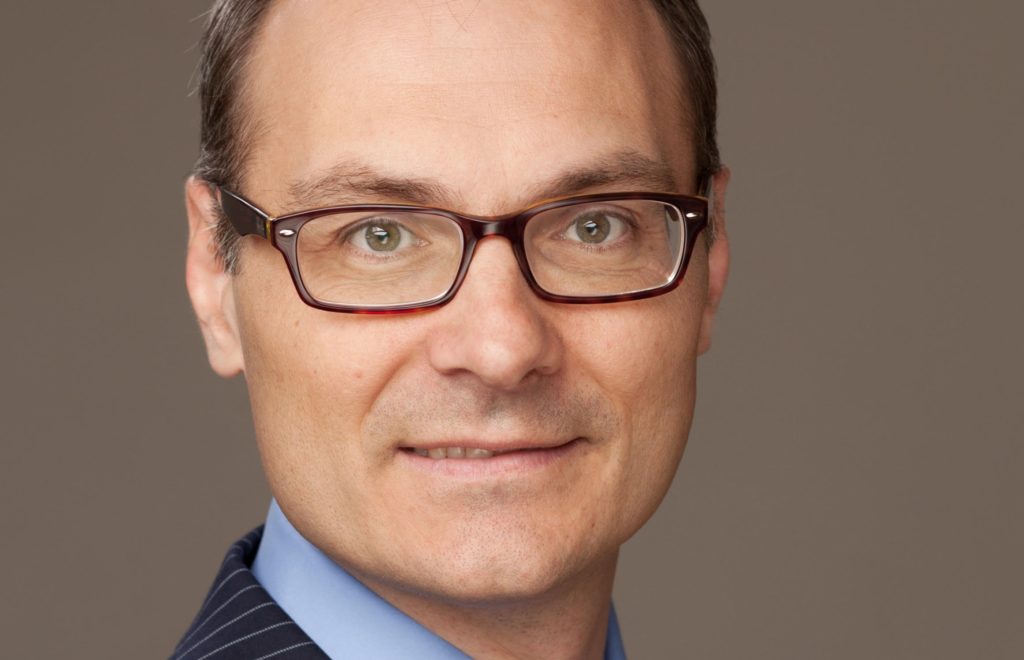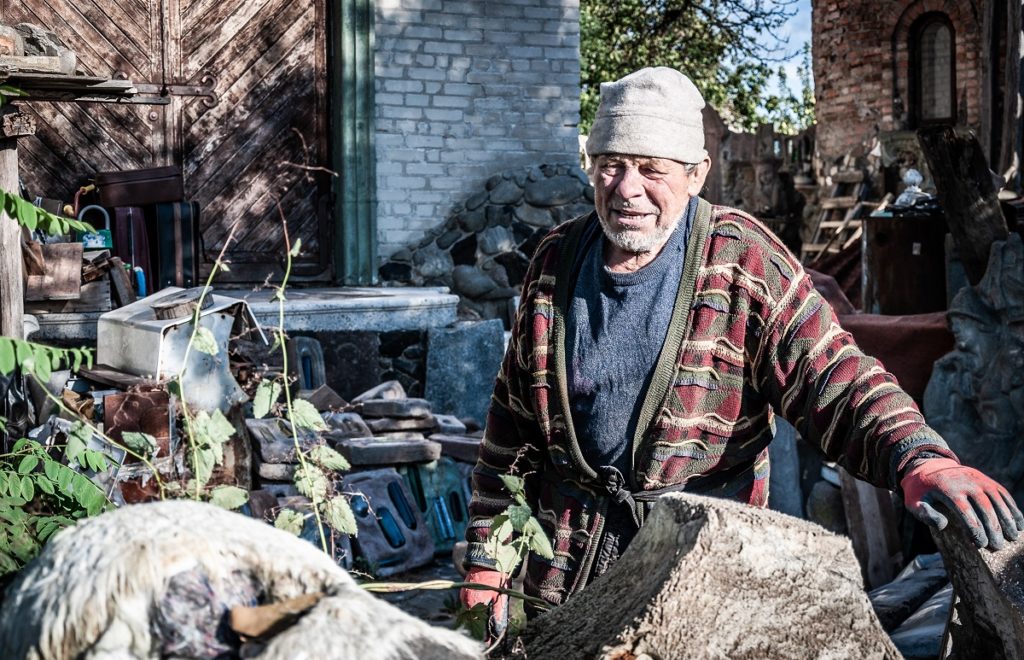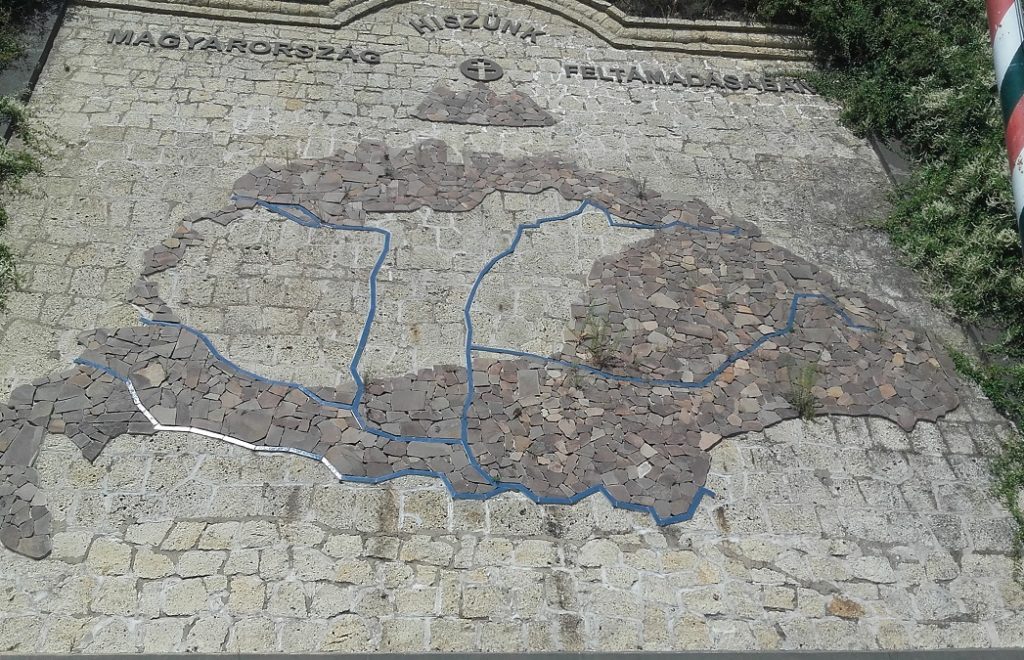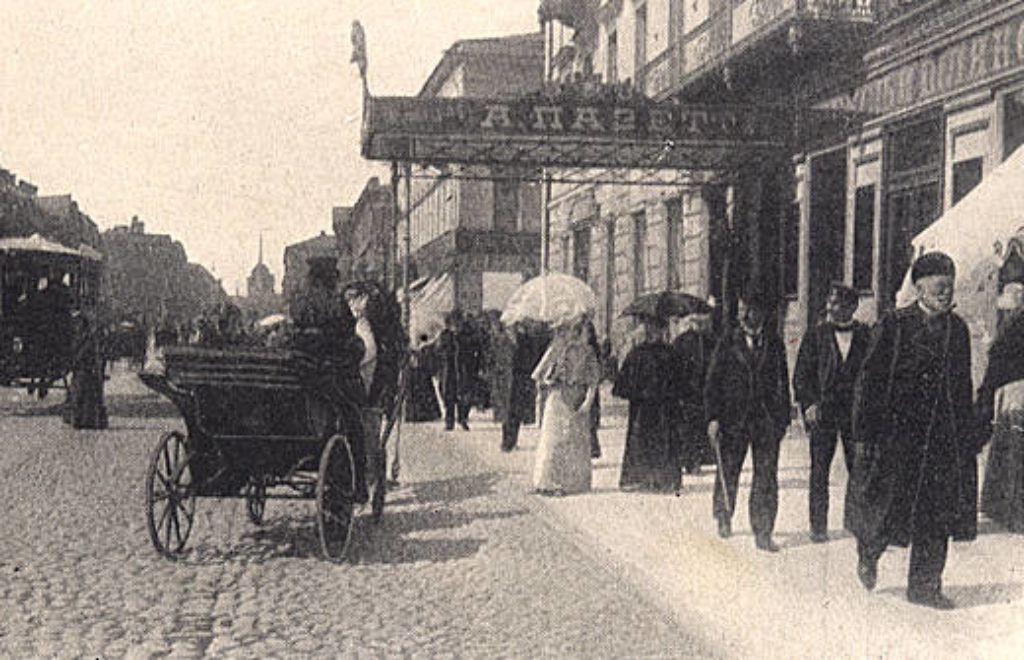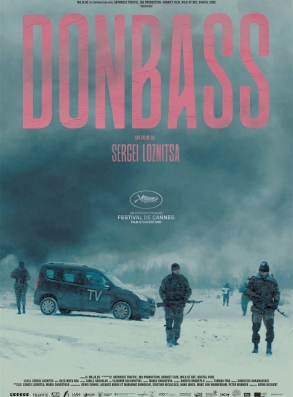The dramatic turn of political discourse in Romania
Anyone watching the speeches of Romanian MPs and discussions between members of the different Romanian political parties from the late 1990s and early 2000s would be amazed to see how different they were from the debates of the last decade. It is a matter of fact that the political discourse has taken a radical turn in the past number of years, and it would not be difficult to pinpoint the moment when the discourse began to deteriorate – when ad hominem attacks, name calling, and the demonisation of one’s political adversaries and their supporters became the norm.
January 2, 2019 - Paul Gabriel Sandu


